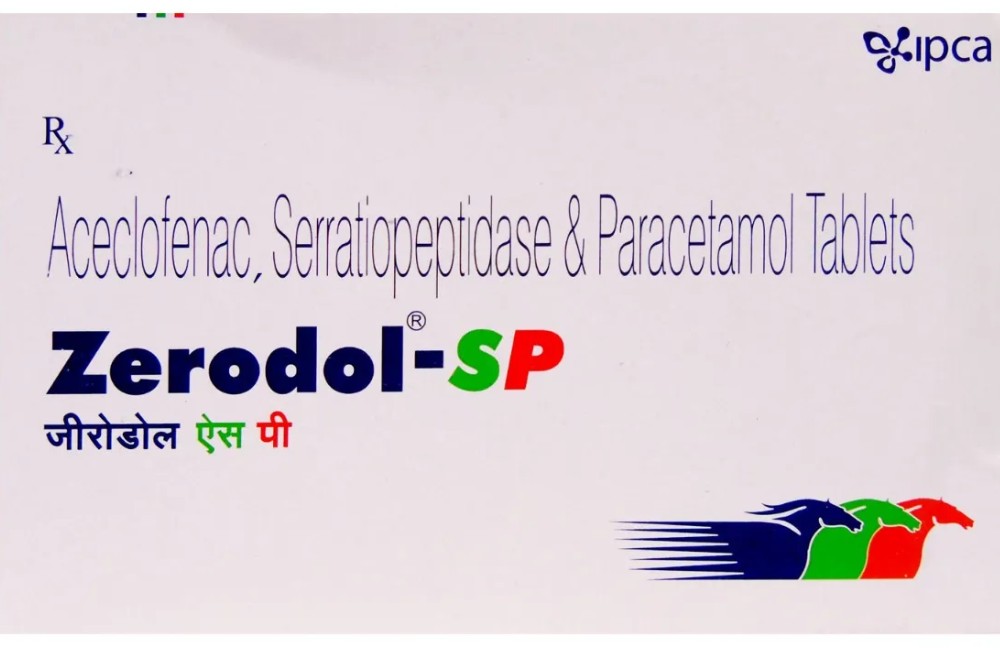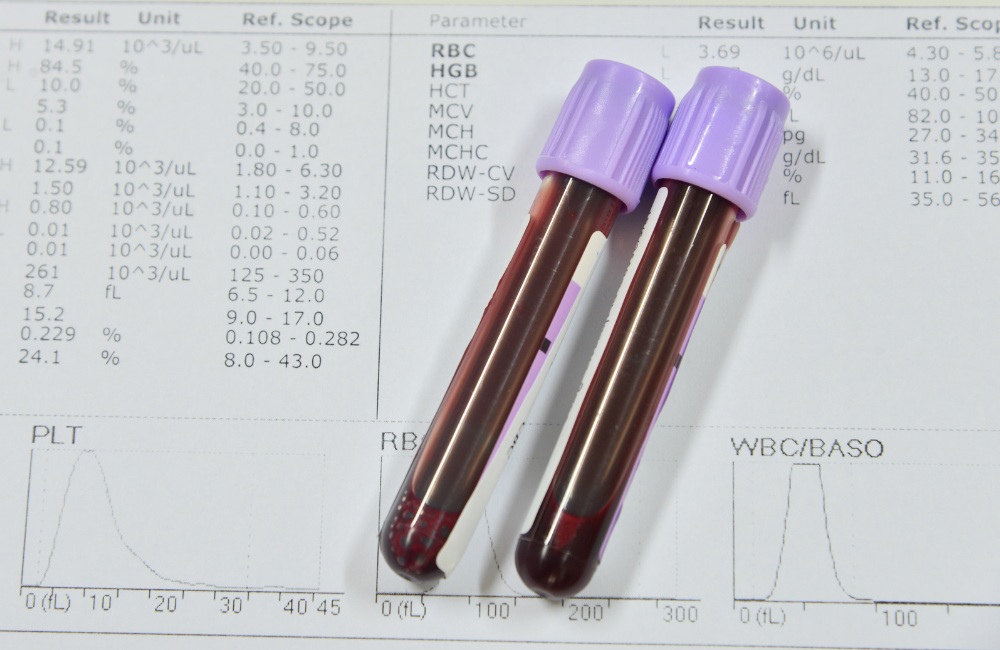A Comprehensive Guide to Important Lab Tests During Pregnancy

Pregnancy is a remarkable journey filled with excitement, anticipation, and perhaps a few moments of worry. Ensuring the well-being of both mother and baby is of paramount importance. One way to do that is by staying informed about the important lab tests during pregnancy. These tests provide valuable insights into your health and your baby’s development. In this guide, we’ll dive deep into the world of pregnancy lab tests, demystifying medical jargon and providing you with the knowledge you need to navigate this incredible journey with confidence.
Table of Contents
TogglePregnancy Confirmation Tests
The pregnancy confirmation test is a crucial milestone that kicks off your incredible journey into motherhood. This at-home test, remarkably simple yet immensely significant, operates by detecting the hormone hCG in your body. When it delivers a positive result, it offers undeniable confirmation of your pregnancy, a moment filled with joy and anticipation. It’s not just a test; it’s the very first step you take on the path of prenatal care. This test result signals the beginning of a series of measures you’ll take to ensure both your and your baby’s health, marking the commencement of an extraordinary adventure
Blood Type and Rh Factor
Understanding your blood type and Rh factor is absolutely crucial during pregnancy, as these seemingly basic details carry significant implications for the health and safety of both you and your unborn child. Your blood type ensures that the right blood type is readily available for potential transfusions during labor or delivery, while the Rh factor, if incompatible between you and your baby, can lead to serious complications. Fortunately, early detection through a simple blood test allows healthcare providers to take proactive steps, such as administering an injection of Rh immunoglobulin (RhIg) during pregnancy, to prevent potential issues and ensure a smoother and safer pregnancy journey overall.
Genetic Carrier Screening
Genetic carrier screening is a vital option for couples who may be at risk of passing on genetic disorders to their offspring. This test plays a critical role in assessing whether both you and your partner carry genes responsible for conditions like cystic fibrosis or sickle cell anemia. By identifying these genetic traits early on, couples can make informed decisions about family planning and explore available options, ensuring the best possible outcomes for their future children. It’s a proactive step that empowers couples to take charge of their family’s health and well-being, fostering a sense of confidence and preparedness on their journey to parenthood.
Nuchal Translucency (NT) Scan
The Nuchal Translucency (NT) scan is a specialized ultrasound typically conducted between weeks 11-14 of pregnancy. This crucial scan serves as an early screening for Down syndrome and other chromosomal abnormalities. It focuses on measuring the thickness of the baby’s neck, known as nuchal translucency, providing valuable insights into the baby’s development. This non-invasive procedure offers expectant parents early information about their baby’s health, empowering them to make informed decisions and prepare for any potential challenges ahead.
Quadruple Screen
The quadruple screen, typically performed between weeks 15-20 of pregnancy, is a significant screening test that assesses the risk of neural tube defects and Down syndrome. This non-invasive test relies on analyzing four specific markers present in the mother’s blood. By evaluating these markers, healthcare providers can provide valuable information about the baby’s health, offering expectant parents a clearer picture of their pregnancy’s progression. This timely screening empowers parents with knowledge, enabling them to make informed decisions and seek appropriate medical support if necessary.
Anatomy Ultrasound
The anatomy ultrasound, typically performed between 18-22 weeks of pregnancy, is an exciting and crucial examination. During this scan, healthcare professionals meticulously examine your baby’s organs and development to ensure everything is progressing as expected. It provides a comprehensive view of the baby’s internal structures, including the heart, brain, spine, and limbs, helping to detect any potential abnormalities or concerns. This scan is a pivotal moment for expecting parents, offering reassurance about the baby’s health and well-being. It’s a remarkable opportunity to witness the intricate development of your child and ensure they are on a healthy and promising trajectory.
Glucose Screening Test
The 18-22 week anatomy ultrasound is a vital and thrilling checkup during pregnancy. Skilled healthcare providers carefully scrutinize your baby’s organs and growth to ensure normal development. It grants a comprehensive view of internal structures like the heart, brain, spine, and limbs, aiding in spotting any potential issues. This scan offers expecting parents a pivotal moment of reassurance about their baby’s health and progress. It’s a remarkable chance to witness the intricate stages of your child’s development and confirm their promising journey towards a healthy future.
Group B Streptococcus (GBS) Screening
Between weeks 35-37 of pregnancy, a swab test is conducted to screen for the presence of Group B Streptococcus (GBS) bacteria. If the test yields a positive result, it’s essential for expectant mothers to receive antibiotics during labor. This precautionary measure helps prevent the transmission of the GBS infection to the baby, as it can be harmful if passed on during childbirth. GBS screening is a standard part of prenatal care, ensuring the safety and well-being of both the mother and her newborn. Early detection and appropriate treatment significantly reduce the risk of GBS-related complications in newborns.
Non-Stress Test (NST)
Non-Stress Tests (NSTs) are typically recommended during the third trimester of pregnancy when there are concerns about the baby’s well-being. This test serves as a valuable tool for assessing the baby’s health. It involves monitoring the baby’s heart rate in response to their natural movements, such as kicking and wiggling. A reassuring NST result indicates that the baby’s oxygen supply is adequate and their nervous system is functioning well. If any issues are detected during the test, further evaluation or interventions may be necessary to ensure the baby’s safety and well-being. NSTs play a crucial role in the ongoing monitoring and care of high-risk pregnancies.
Biophysical Profile (BPP)
A Biophysical Profile (BPP) is a comprehensive assessment of the baby’s well-being during pregnancy. It integrates both ultrasound and Non-Stress Test (NST) to provide a thorough evaluation. The BPP assesses various aspects of the baby’s health, including their movements, breathing, muscle tone, and amniotic fluid levels. This combined information offers valuable insights into the baby’s overall condition and development. A BPP is often recommended in high-risk pregnancies or when there are concerns about fetal health to ensure appropriate intervention if needed, enhancing the chances of a healthy outcome for both mother and baby.
Blood Pressure Monitoring
Frequent blood pressure monitoring during pregnancy is essential to catch conditions like preeclampsia in their early stages. High blood pressure can be detrimental to both the expectant mother and the baby. Regular checks allow healthcare providers to identify any concerning trends or elevations in blood pressure promptly. This proactive approach is critical in ensuring a safe and healthy pregnancy, reducing the risks associated with hypertensive disorders, and safeguarding the well-being of both mother and child. Early detection and appropriate management significantly enhance the chances of a positive outcome for both.
Urine Tests
Frequent monitoring of your blood pressure is crucial during pregnancy to detect conditions like preeclampsia in their early stages. High blood pressure can pose significant risks to both maternal and fetal health. Routine blood pressure checks enable healthcare professionals to closely observe changes and intervene promptly if needed. This proactive approach plays a vital role in ensuring a safe and healthy pregnancy, minimizing potential complications, and safeguarding the well-being of both mother and baby.
Conclusion
Navigating the labyrinth of pregnancy can be both exhilarating and challenging. Understanding the importance of these lab tests equips you with knowledge, empowering you to make informed decisions for your health and your baby’s well-being. Remember, your healthcare provider is your ally on this journey, so don’t hesitate to ask questions and seek guidance.
FAQ’s
Prenatal care should ideally start as soon as you know you’re pregnant, and some tests may be performed very early on to ensure a healthy start.
Abnormal results don’t necessarily mean a problem, but they do warrant further investigation and discussion with your healthcare provider.
Yes, you have the right to refuse any test. However, it’s essential to discuss your concerns and reasons with your healthcare provider to make an informed decision.
If cost is a concern, speak with your healthcare provider or explore options for financial assistance. Your health should always be a top priority.
If cost is a concern, speak with your healthcare provider or explore options for financial assistance. Your health should always be a top priority.
Book an Appointment
Recent Articles
-
 Zerodol-SP Tablet: Power of Pain Relief and Inflammation Control30 Jun 2023
Zerodol-SP Tablet: Power of Pain Relief and Inflammation Control30 Jun 2023 -
 Glycerin for Face: A Game-Changer in Skincare?01 Sep 2023
Glycerin for Face: A Game-Changer in Skincare?01 Sep 2023 -
 The Incredible Benefits of Eating Walnuts: Boosting Your Health One Nut at a Time29 Jun 2023
The Incredible Benefits of Eating Walnuts: Boosting Your Health One Nut at a Time29 Jun 2023 -
 The Marvel of First-Time Sex: Unveiling the Potential for Pregnancy05 Jul 2023
The Marvel of First-Time Sex: Unveiling the Potential for Pregnancy05 Jul 2023 -
 Full Body Checkup: A Complete Test List for Optimal Health02 Nov 2023
Full Body Checkup: A Complete Test List for Optimal Health02 Nov 2023

